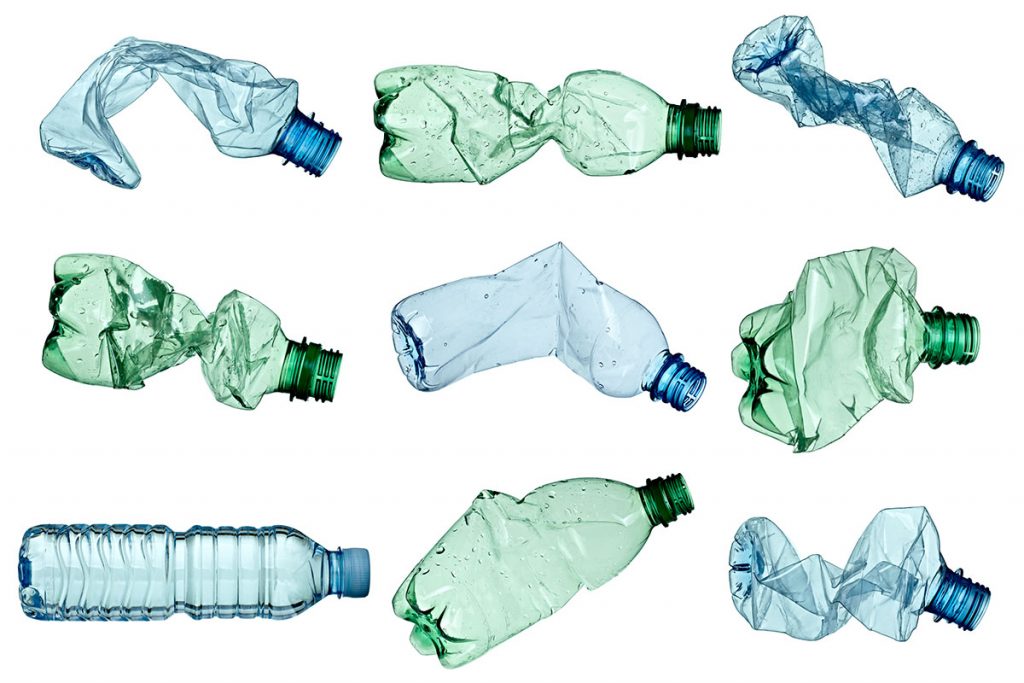 A major brand owner says it will be using 25 percent recycled plastic in the packaging for all of its U.S. products in three years.
A major brand owner says it will be using 25 percent recycled plastic in the packaging for all of its U.S. products in three years.

 A major brand owner says it will be using 25 percent recycled plastic in the packaging for all of its U.S. products in three years.
A major brand owner says it will be using 25 percent recycled plastic in the packaging for all of its U.S. products in three years.
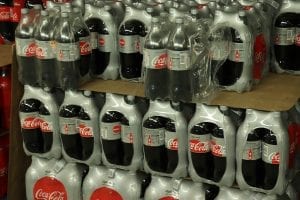 PET recycling startup Loop Industries has inked another deal with a global food and beverage brand.
PET recycling startup Loop Industries has inked another deal with a global food and beverage brand.

Nestlé Waters North America has signed a pre-buy agreement with CarbonLite, deepening its already entwined relationship with the PET reclaimer.
 Trex, a major consumer of recovered PE film, continued to report record revenues and profits in the third quarter.
Trex, a major consumer of recovered PE film, continued to report record revenues and profits in the third quarter.
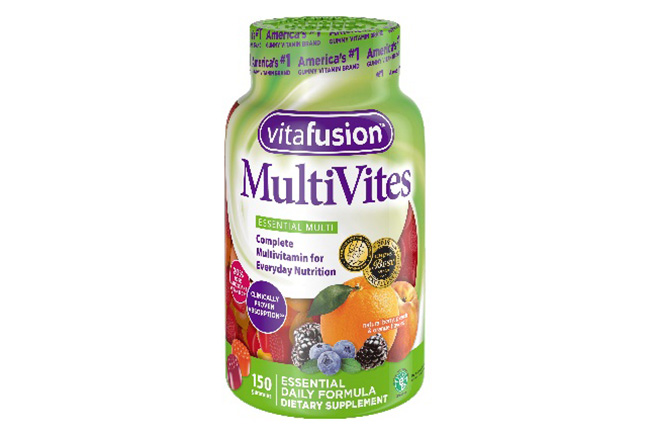 A brand owner has announced it will use a shrink sleeve label that detaches during the bottle wash cycle at plastics recycling facilities.
A brand owner has announced it will use a shrink sleeve label that detaches during the bottle wash cycle at plastics recycling facilities.
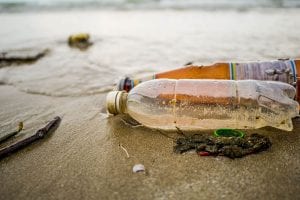 Global brand companies are among those that signed a commitment to publicly report their progress toward ensuring plastic products are recyclable and actually recovered.
Global brand companies are among those that signed a commitment to publicly report their progress toward ensuring plastic products are recyclable and actually recovered.
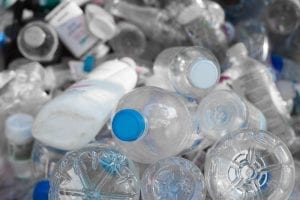 The Association of Plastic Recyclers (APR) says its Demand Champions effort has helped pull more plastic through the recycling system in its first year.
The Association of Plastic Recyclers (APR) says its Demand Champions effort has helped pull more plastic through the recycling system in its first year.
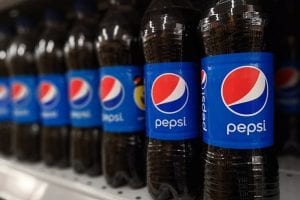
A depolymerization technology firm has landed an RPET sales deal with one of the world’s largest food and drink companies.
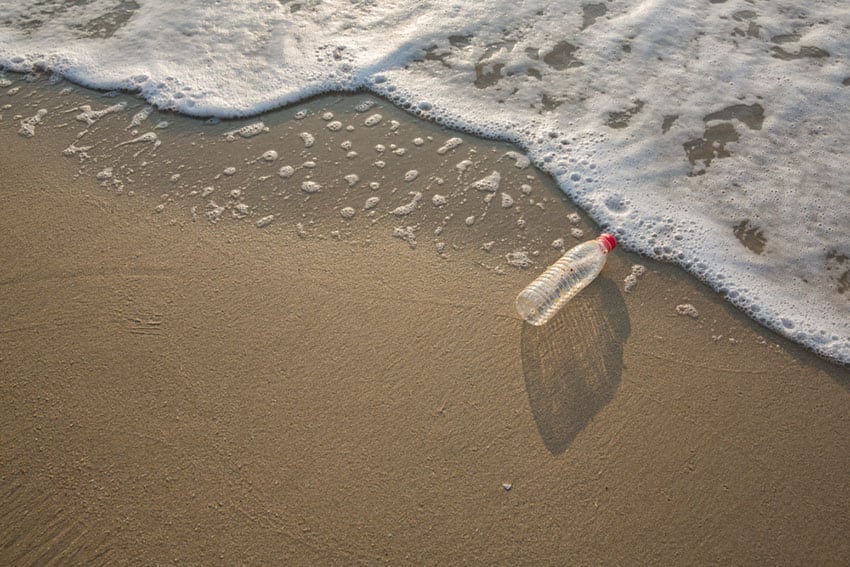 A plastic litter collection project will identify the brands whose products appear most often as improperly disposed waste.
A plastic litter collection project will identify the brands whose products appear most often as improperly disposed waste.
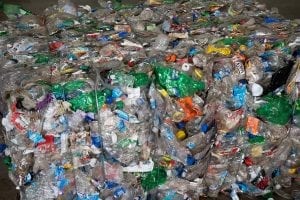 Some beverage brand owners are moving toward 100 percent RPET bottles, but one of the country’s largest PET reclaimers says the magic number may be half that amount.
Some beverage brand owners are moving toward 100 percent RPET bottles, but one of the country’s largest PET reclaimers says the magic number may be half that amount.
